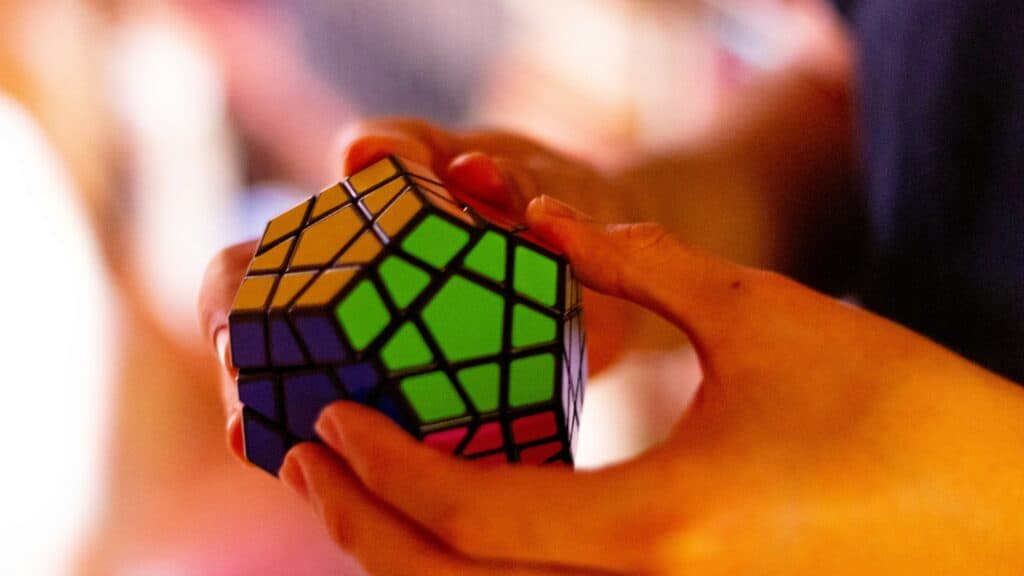Vida sana / Alimentación
Candy Crush Won’t Save Your Brain (But This Will)
New research from McGill University offers hope for aging brains, revealing that targeted mental exercises can actually reverse some cognitive decline associated with aging. The groundbreaking 10-week study found that daily mental workouts can boost levels of a crucial brain chemical that typically decreases as we age, effectively turning back the brain’s clock by approximately a decade.
The study focused on acetylcholine, a neurotransmitter essential for attention and memory that naturally declines about 2.5% per decade with aging. Researchers worked with 92 healthy adults over 65, dividing them into two groups. Half played casual computer games like solitaire or Candy Crush, while the other half used BrainHQ, a scientifically designed program targeting memory, speed, and attention. Those using the structured cognitive training program experienced a 2.3% increase in acetylcholine levels in key brain areas after just 30 minutes of daily practice over 10 weeks.
While lead neurologist Étienne de Villers-Sidani acknowledges the increase isn’t dramatic, it’s significant given the typical age-related decline. The boost occurred not only in attention-related brain regions but also in the hippocampus, crucial for memory formation. Remarkably, participants playing casual games showed no such improvement, highlighting the importance of targeted cognitive challenges.
The study’s implications extend beyond laboratory findings to practical strategies anyone can implement. Mental exercises function like physical workouts for the brain, strengthening cognitive abilities and potentially slowing decline. Several accessible activities can provide these benefits:
Jigsaw puzzles engage multiple brain regions simultaneously, preserving visuospatial reasoning while providing relaxation and a sense of accomplishment. Whether tackling a 100-piece or 1,000-piece puzzle, the activity challenges perception and problem-solving skills.
Card games like bridge, poker, or UNO sharpen thinking through strategic planning and decision-making. Research shows they improve self-control, attention, task-switching abilities, verbal fluency, and memory across age groups.
Vocabulary building stimulates brain areas processing visual and auditory information. Simply learning one new word daily, understanding its meaning, and using it five times creates meaningful neural stimulation.
Dancing combines physical movement with cognitive challenge, requiring coordination and memory for steps. The CDC notes that dancing increases processing speed and mental flexibility while providing cardiovascular benefits.
Learning new skills creates the most comprehensive brain workout. A 2023 study found older adults who learned multiple skills simultaneously improved their cognitive function to levels comparable to middle-aged adults. Whether painting, playing an instrument, or learning a language, new hobbies build stronger neural connections.
The key distinction lies in the type of mental activity. While casual games provide entertainment, structured cognitive training that progressively challenges specific mental functions yields measurable neurological benefits. The research suggests that dedicating just 30 minutes daily to targeted mental exercises could help maintain or even improve cognitive function as we age.
This breakthrough offers a proactive approach to brain health, demonstrating that cognitive decline isn’t inevitable. Through consistent mental exercise, we can potentially preserve our memory, attention, and thinking skills well into our later years, maintaining independence and quality of life.
Websites Offering Brain-Boosting Games (For Free!)
|
Structured Brain Training (Most Effective per Study) Card Games Jigsaw Puzzles Vocabulary Building Mixed Cognitive Challenges Memory-Specific Games Mobile Apps (Free Versions) |
|

